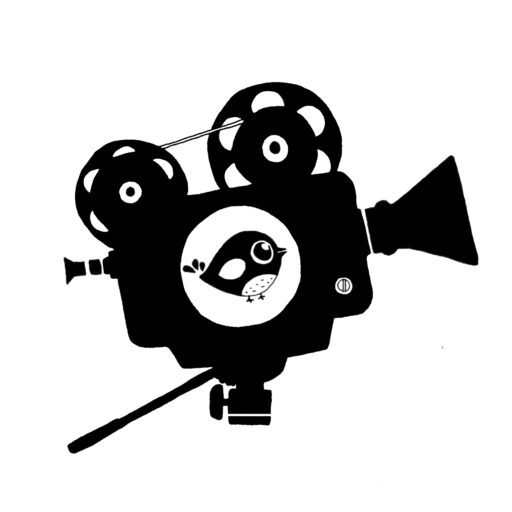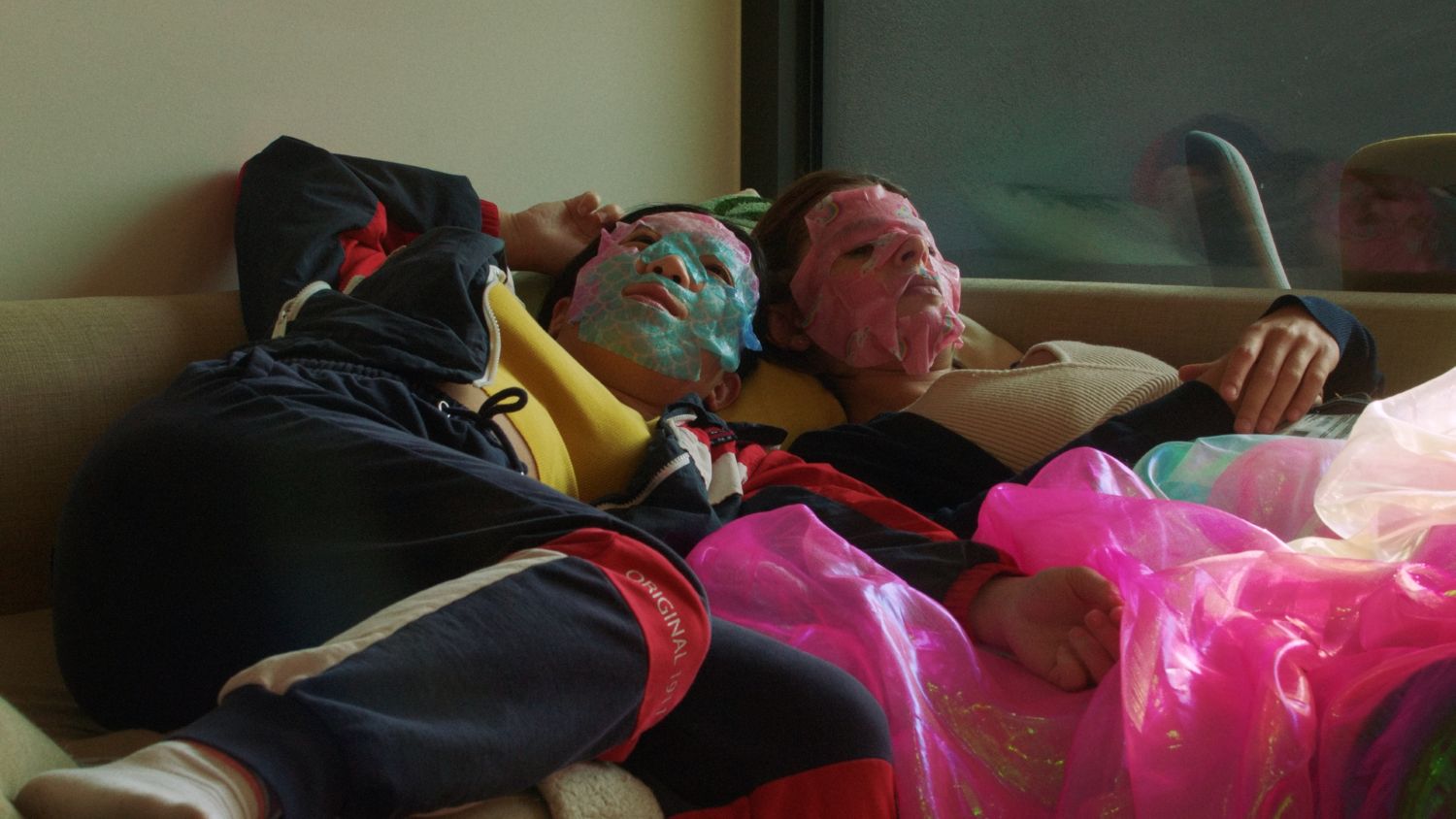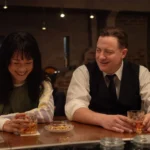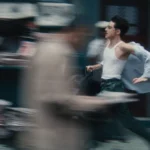In Sophie Somerville’s Fwends, two friends reunite one weekend and walk the streets of Melbourne, catching up on life. Em is a high-flying career ladder climber with an anxious perspective of the world, secretly checking her emails and ranting about climate change, while Jessie is an optimistic, excitable freelancer who talks to strangers and likes to get high occasionally. Though old friends, a lot of time has passed since their last reunion – over the course of the weekend, the two rediscover each other and themselves, a process that is as fun as it is painful. Leads Emmanuelle Mattana and Melissa Gan offer strikingly honest performances of lost twenty somethings, dealing with the weight of the world and their personal lives – shot guerilla style on the streets of Melbourne and without a script, Fwends is truly authentic in its ability to capture female friendships and the struggles of growing up together and alone. What About Birdy sat down with director Sophie Somerville to discuss guerilla style filmmaking, improvisation and the importance of connection in today’s world.
WAB: Where did the idea for Fwends come from?
SS: I came up with the idea after having some short films in different festivals in Australia, and feeling very frustrated with the fact that if I made a feature film that was fully funded, it would take me years and years – I worried it would make me lose my inspiration and passion. So I wanted to work on a shorter timeline and I had some friends who were making super micro budget feature films, and it was something I became interested in, so I got some friends and some favourites together to make one too. Because of that, the story came out of all those limitations, those constraints that we had forced upon us. Where can we shoot for free? Whose house can we go to? What are some free, available things we can find? Then I contacted actors that were friends of mine, or friends of friends, and it was very much just like fitting the story around things that we already had, as opposed to what a normal film would look like, where you have the script and you then find the its components.
WAB: Was the script born from this situation of simply getting people together then?
SS: I had a treatment that was seventeen pages long, and I used that to convince Emmanuelle [Mattana] and Melissa [Gan] to work with me. We shot the film in order, and we let it figure itself out in the process of shooting. It was a very natural way of working because it was almost like a fictionalised documentary, where you have people and follow them around and let the story lead you.
WAB: How did you find Melissa and Emmanuelle for Fwends?
SS: I worked with Melissa on a short film, which was also improvised, and I knew she was pretty open to exciting filmmaking adventures. Emmanuelle already had a career in Australia on a kids’ TV show – she’s like a celebrity there. She initially followed me on Instagram, and then I got back in touch with her and asked if she wanted to make a film together.
WAB: How did you collaborate with them to create this story?
SS: They’re sort of co-writers at this point, and I gave them that credit, because we did create the story together. It was a lot of trust. When we got to the argument scene for instance, none of us knew how the rest of the film was going to go, and Mel had this instinct to say “no, I think [her character, Jessie] would actually be a bit pissed off here”, and it was an interesting choice, because we’d shot previous versions of that scene without any conflict. But once it was added in, I realised it needed to define the rest of the film. But it was still this organic, intuitive scene, we sort of gave them ideas, maybe you should talk about this, mention this opinion – and there are no cuts in that scene either.
WAB: Jessie and Em haven’t seen each other in years. Was that a purposeful choice?
SS: Yes, I think the initial idea was to focus on this complicated friendship that is built up over the years. When you see someone you haven’t seen in a long time, you have this expectation about who they are, but a lot of life has happened in between – there’s this inevitable change that occurs. The film is a two-hander at the end of the day so I wanted to find as much depth as possible in that – it was really fun to be able to see the way they see each other and the way they perform themselves, before the performance strips away.
WAB: Do you relate to either of them?
SS: I feel like when you tell a story, the characters are just different fragments of you. I can definitely relate to the both of them – I think I’ve been both of them at different points in my life.
WAB: There is such a good rapport between the two of them, but there is also this distance. What does Fwends say about friendships in your eyes?
SS: What I wanted them to realise towards the end is that there is no such thing as perfect relationships. You choose to stay together anyway, and release that expectation you have that you will get everything you need from someone else, and just accept them where they are. To be able to do that, you need to accept who you are and be a bit more honest about what you’re going through. Both of them are at difficult moments in their lives when they find each other, and it was interesting exploring ways of healing. We need to spend meaningful time together, and we need to do that intentionally.
WAB: There are lot of references to what’s happening outside of their world. While Em is concerned with the state of the world, Jessie prefers to stay out of it. Was it always your plan to have this story reflect the current climate?
SS: There’s a certain heaviness to everything now. I think that was a very early inspiration, thinking about the two sides of coping with the pressures of today. Do we live in a delusional bubble and pretend nothing is wrong or do we become deeply anxious and stressed out all the time?
WAB: Was there anything you found specifically hard to film?
SS: A lot of the film was shot in the street, so that is always challenging! But it’s super fun, it’s an exciting way to make a film. There’s so much spontaneity and unpredictability – one of the days we were shooting, it was around 32 degrees for instance, which was very hard. But to be honest, the film was pretty fun to make overall – because of the DIY way it was made, I was quite willing to accept the rawness of it.
Fwends screened at the London Film Festival.





